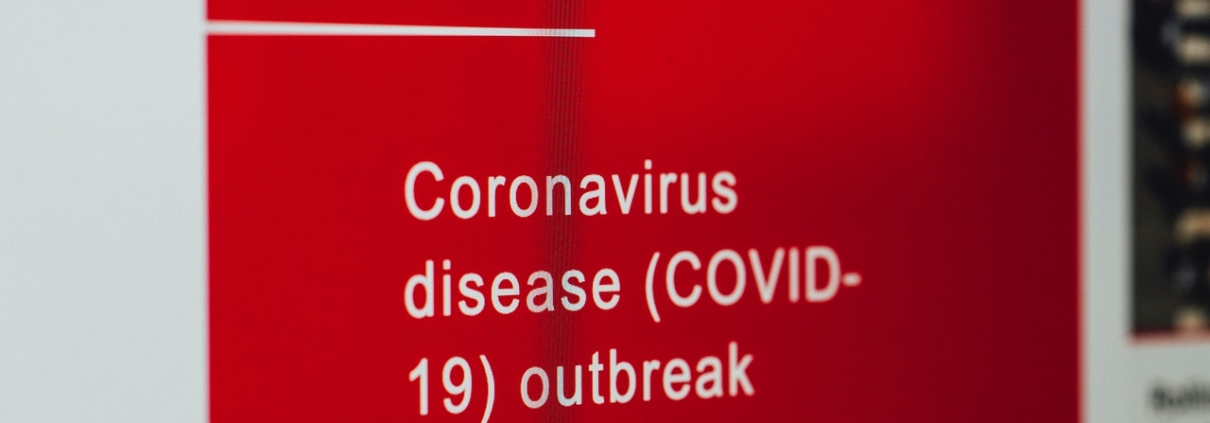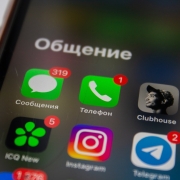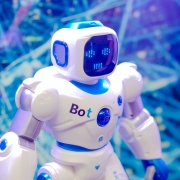Chatbots battle COVID-19 vaccine hesitancy
Researchers at Johns Hopkins had already been developing chatbots to combat vaccine misinformation when the coronavirus pandemic arrived, giving their work greater urgency.
Even before the COVID-19 pandemic, researchers at Johns Hopkins were looking for ways to tackle a growing sense of public distrust in vaccines. The measles outbreaks of 2018—with thousands dying of a vaccine-preventable disease—underscored that need.
In many parts of the globe, the problem of lower vaccine uptake has stemmed from a lack of access to certain vaccines, says Rose Weeks, a research associate with the Johns Hopkins International Vaccine Access Center, part of the Bloomberg School of Public Health. In others, like the U.S., social media and other sources have fanned doubts and misinformation.
“We were thinking about how to intervene,” Weeks says. “But also, how do we get a better sense of what people are seeing and thinking in some of these closed channels?”
An approach that seemed promising was to leverage the power of artificial intelligence—and more specifically, chatbots. Over the past few years, as automated conversational software has become a routine part of many customer-service experiences, its use in public health has also expanded. Chatbots now exist to help with diabetes, depression, breastfeeding, weight control, and smoking cessation, among many other health issues.
Read the article in full AT THIS LINK.







